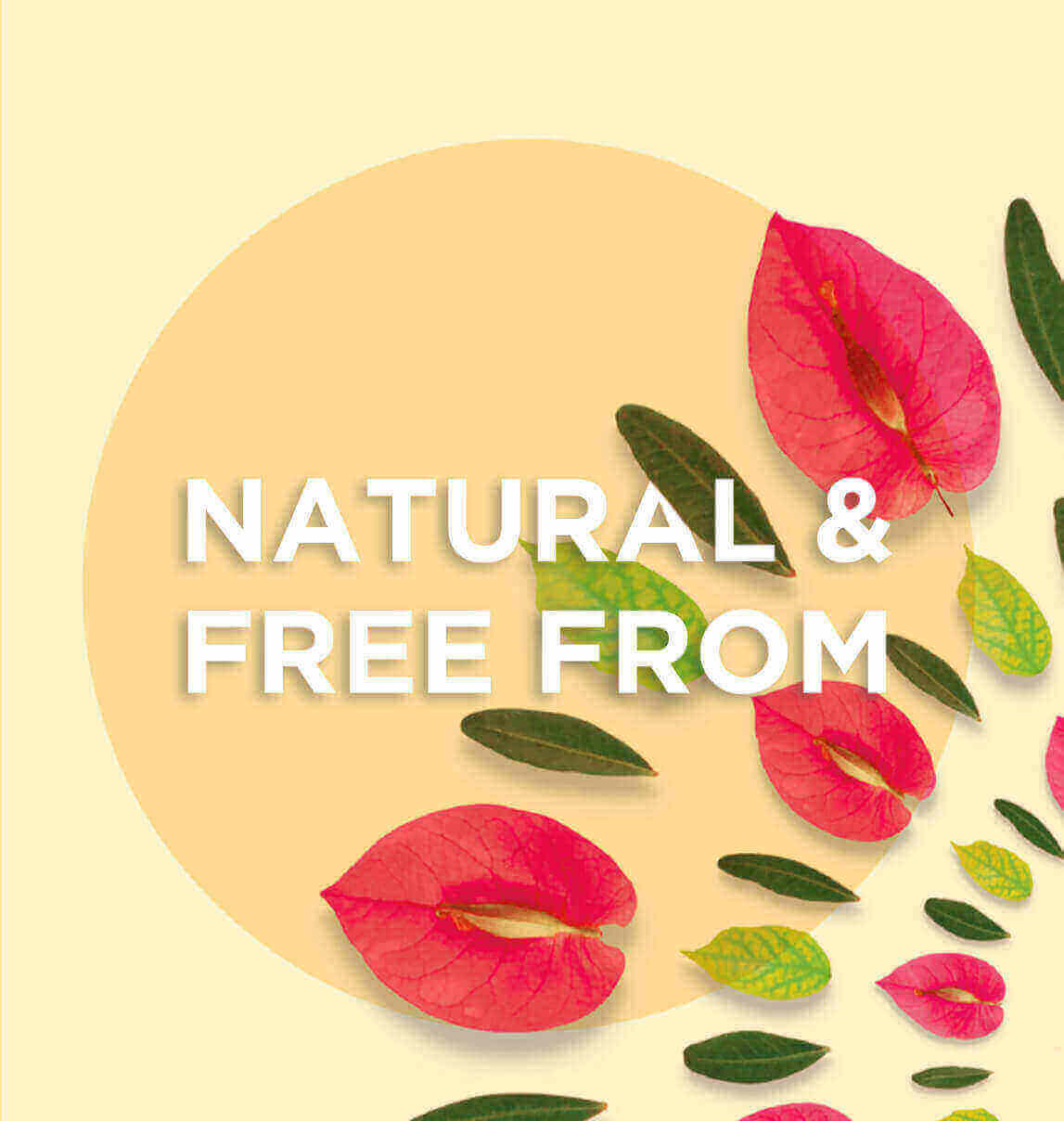Shorter days, lower temperatures and the duty to get back to active life, with all its demands – these are all reasons for a dip in morale…
After all, we don’t all react the same way when faced with the famous ‘autumn blues’, which can prove to be a real nuisance in everyday life.
The problem with shorter days
The autumn blues stem from a drop in the intensity and duration of exposure to light.
Going into hibernation, like bears or groundhogs, is probably an outdated mechanism.
And some people are likely to experience seasonal affective disorder than others as they have inherited a genetic vulnerability: a reduction in retinal sensitivity to light.
Are you susceptible to the autumn blues?
If you feel one of the following annoyances every autumn, maybe you have the ‘autumn blues’. (N.B. these should be problems surfacing in the autumn or winter, not problems that you face all year round).
- You need to sleep longer or need to have a nap to recover
- You have more trouble getting up in the morning
- You feel dips in your energy levels during the day
- Your concentration levels flag
- You drink significantly more coffee or alcohol, or smoke more tobacco to ‘get through the day’
- You eat more sweet and starchy foods. It’s not just about food cravings, but rather the need to eat bigger portions
- You gain more weight than you do in summer
- Loss of libido
Weight gain and loss of libido… Ouch, ouch, ouch!
Taking a nap or sleeping longer probably doesn’t annoy you so much, but I’m sure gaining weight and a loss of libido trouble you somewhat more…
And you’re perfectly right too, because there’s no guarantee that it’ll be easy to shed these extra pounds stockpiled during the harsh winter months, once the good weather returns. Are you going to resign yourself to gaining a few pounds every winter?
When it comes to your relationship, the autumn blues can be a real disaster.
Just imagine: your partner already has to put up with your fatigue, irritability, refusal to go out at night, your irritation at putting on weight, and what’s more, you refuse to accept their affection. You really have to be deeply in love to put up with all of that. Especially if the problem resurfaces every autumn!
What to do?
And then there was light
I already explained that the autumn blues are largely rooted in light reduction and shorter days.
Here are two solutions:
- Spend every autumn in the southern hemisphere J
- Increase your exposure to sunlight.
Fortunately, light therapy devices have been readily available for a few years now.
Light exposure of 10,000 lux for 30 mins is ideal.
However, be careful. This type of exposure needs to be early in the morning; otherwise you won’t achieve the desired effect.
You’ll also find “dawn simulators”. These are light therapy devices that work as an alarm clock. The light intensity gradually increases 10 to 20 minutes before the time you plan to get up.
Finally, another way of increasing your exposure to light is to practice a physical activity outdoors during the day, of course.
A little heart coherence
Heart coherence, which I mentioned in the article “Complementary approaches to stress“, may also help you to combat the autumn blues.
My suggestion: take advantage of your 30-minute light therapy session to practice 5 minutes of heart coherence every morning.
Encourage the production of serotonin
Where neurobiology is concerned, the autumn blues are a reflection of serotonin and melatonin production problems.
As a result, anything that boosts serotonin production may help you.
In terms of food: eat proteins for breakfast (they provide naturally-occurring tryptophan) and make sure you consume enough iron, iodine and magnesium.
Stay away from quick-release sugars and monitor your consumption of starchy foods if you want to avoid putting on weight.
Omega-3 from oily fish enables us to modulate melatonin production.
Finally, saffron, St. John’s wort and griffonia may enhance your serotonin and melatonin production.





